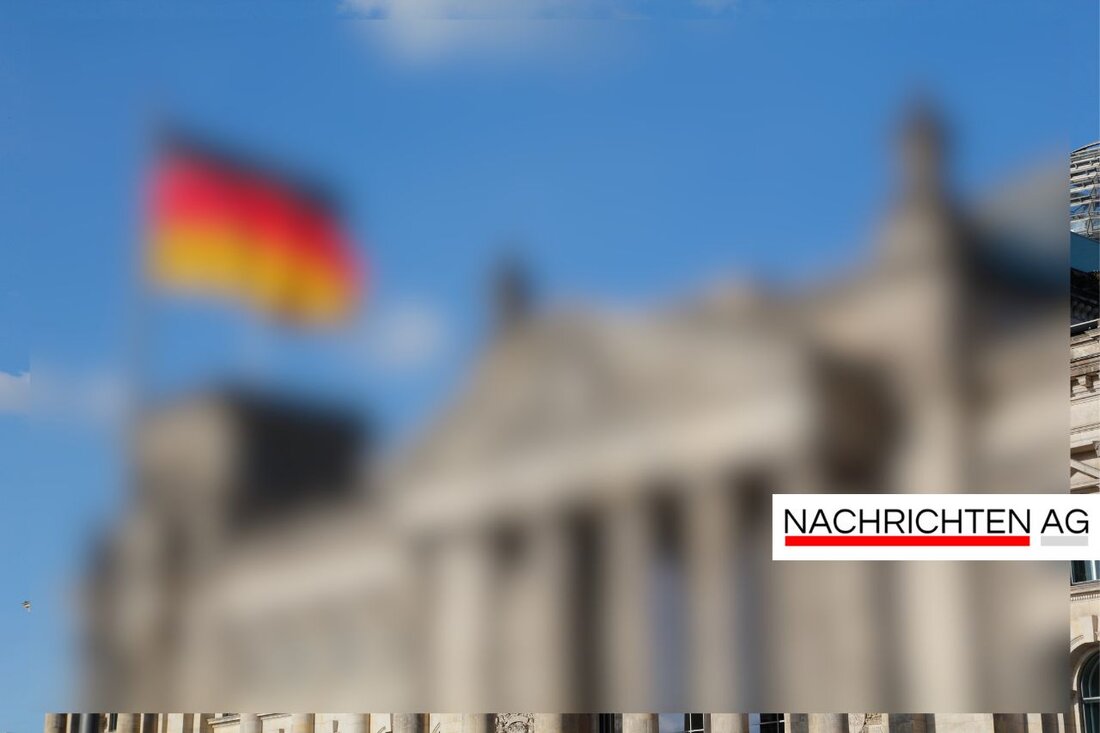Dobrindt ignores court decision: asylum procedure under criticism!
Dobrindt ignores court decision: asylum procedure under criticism!
A current decision by the Berlin Administrative Court causes excitement and discussion in German asylum policy. It affects the rejection of three Somali asylum seekers who received an idea of their legal possibilities on the German border. The court decided in the urgent procedure that asylum seekers who ask for protection at German border controls should not be rejected without a thorough examination of the Dublin procedure. Minister Alexander Dobrindt (CSU), on the other hand, considers the decision to be a "individual decision" and plans to continue the existing practice. This leads to considerable questions regarding the rule of law and the commitment to court decisions.
The minister refers to the fact that the court's decision, even if it has an "individual case", will not bring far -reaching changes in practice. Critics consider this perspective to disregard the top court decisions. In this context, the comparison with a residence ban for Frankfurt fans is used before a 2016 football game, which was not lifted despite a clear judicial order. As in the case at the time, trust in the rule of law could now be put to the test by such an ignorance. The head of the Darmstadt head of the ban on the ban on the ban at the time with the "risk of riots", which the signal is that political wishes are provided on legal principles.
The decision has followed
The decision of the VG Berlin will have far -reaching consequences for asylum practice in Germany. The decision states that the federal government has to check and improve its practices in order to keep up with the requirements of the Dublin III procedure. This procedure regulates that each asylum application is only checked by a Member State, which should control secondary migration within Europe. In this context, an applicant actually has no right to continue to Germany if another EU member state is responsible for its asylum procedure.
The implementation of these rules is, however, questioned by the current practice of rejection. According to many experts, Dobrindt must urgently provide better legal reasons for his approach, since the arguments that the Federal Government brought before the court are not sufficient to justify an "emergency" according to EU law. The pending of a main proceedings at the Berlin Administrative Court could also lead to similar cases to other courts in Germany. Perhaps even a moving judgment of the European Court of Justice will not be excluded if the situation requires.
the rule of law under pressure
Dealing with the decisions of the VG Berlin raises fundamental questions. Again and again it is pointed out to the responsibility of the political actors to adhere to the principles of the rule of law and to respect fundamental rights. Dobrindt and his ministry have not yet responded to the critical voices for their attitude, which is considered problematic in many circles. Former constitutional judges question the credibility of politics if these court decisions ignore. The emerging suspicion that symbol policy is above the actual legal situation could have serious consequences for trust in state institutions.
In this matter, the impending financial burden of possible court and attorney costs could also become a relevant topic, especially if it turns out that urgently needed decisions are not implemented in the sense of the rule of law or fundamental rights. This situation could possibly be an issue not only at the Berlin Administrative Court, but also in other places and trigger further discussions in German society.
The legal challenges related to the Dublin procedure are far from being completed. It remains to be seen how the federal government will adapt to this complex matter. The next time could be crucial for whether the political actors will have a good knack for the trust of the citizens in the rights and the rule of law.
| Details | |
|---|---|
| Ort | Darmstadt, Deutschland |
| Quellen | |


Kommentare (0)